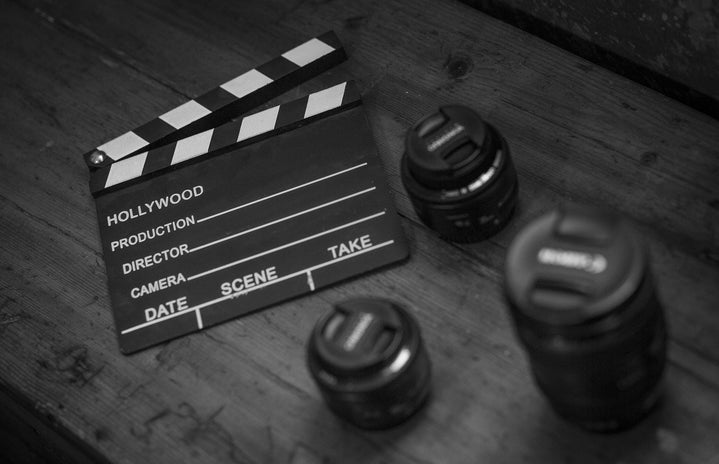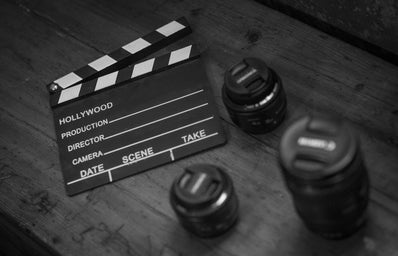Daniel Craig’s final film playing the iconic James Bond (007), No Time to Die (2021) was released at the beginning of October after being delayed twice due to the pandemic. In it, we see Bond has retired, and there’s a new Agent 007 named Nomi (played by Lashana Lynch, known for her role as Maria Rambeau from Captain Marvel (2019)).
I’ll admit, I’m not the most well-versed in Bond films like my boyfriend is, but I have seen some of the Pierce Brosnan and Daniel Craig ones. In general, as a feminist media scholar, James Bond is not looked kindly upon in my circles.
Many people wondered the identity of the new Bond for several years, with theories such as Idris Elba and Tom Hiddleston floating around the Internet, that is, until a rumor sprung up that the new Bond was going to be a woman. And not just any woman – a Black woman. As Julia S. Jordan-Zachery notes in her paper, “Am I a Black Woman or a Woman Who is Black?”, there is no way to separate her Blackness from her womanness. This intersection of her marginalized identities can be see as a double whammy for how she will be treated in the world. Whatever she might gain from being a woman might not matter because she is Black, and whatever she might gain from being Black might not matter because she is a woman.
This break away from the old white guy should have been a refreshing look at the series since Daniel Craig’s introduction retconned its predecessors by introducing a linear, connected storyline rather than individual stories that have no bearing on each other. Obviously, there was backlash, but that shouldn’t reflect on her character.
However, Nomi is deliberately made to be unlikeable. The entire purpose of her character is to be the annoying replacement to Daniel Craig’s Bond. Once he returns out of retirement, she is cast aside by M (played by Ralph Fiennes after succeeding Dame Judi Dench), the head of M16. Rather than highlight her skill and qualifications, Nomi is painted as being purposefully antagonistic towards an “innocent” Bond. She never has any solitary moments that redeem her in the eyes of the audience and show them why she’s just as worthy of the moniker 007.
Some will say this is why we can’t have a Black female Bond. What they fail to realize is that her character was written and directed by a man, and there’s only so much an actress can do with bad writing. It would not be fair to judge her character based on how she was intentionally written to counter Daniel Craig, whom fans are attached to. Even my boyfriend had a hard time liking her character, until he realized on the way home why that was. It made me proud that he actually listened to my diatribes about feminism in media studies (which I am studying in school) and was able to apply that to something he was an expert on.
I wish that whatever backlash her (poorly written) portrayal of 007 receives does not affect Lashana Lynch’s future films. I hope that whoever is in charge of that film gives her the character appreciation she deserves – and that the audience sees it, too.
Also, there was talk that audiences would finally get confirmation that Ben Whishaw’s Q is gay, which would also be a major milestone in representation. However, I had my doubts, because anytime a movie marketed toward men says there’s a gay character doesn’t mean it is at all explicit or arguably true. Most of the time, it’s in the form of a nameless background character with a throwaway line. Still, I had high hopes.
Which were promptly crushed when the “confirmation” of Q’s sexuality only comes in an easily missed line. He is interrupted while making dinner, and laments that “he” will be there soon. There is no other mention of who this “he” is, despite the dinner being obviously important to Q. This is performative representation – the studio wanted the praise of being “diverse” without it being so explicit that other viewers would raise a fuss.
In general, while I don’t believe the film was bad by any means, I had several issues with it. I just hope my concerns from here don’t crop up with the next films.


